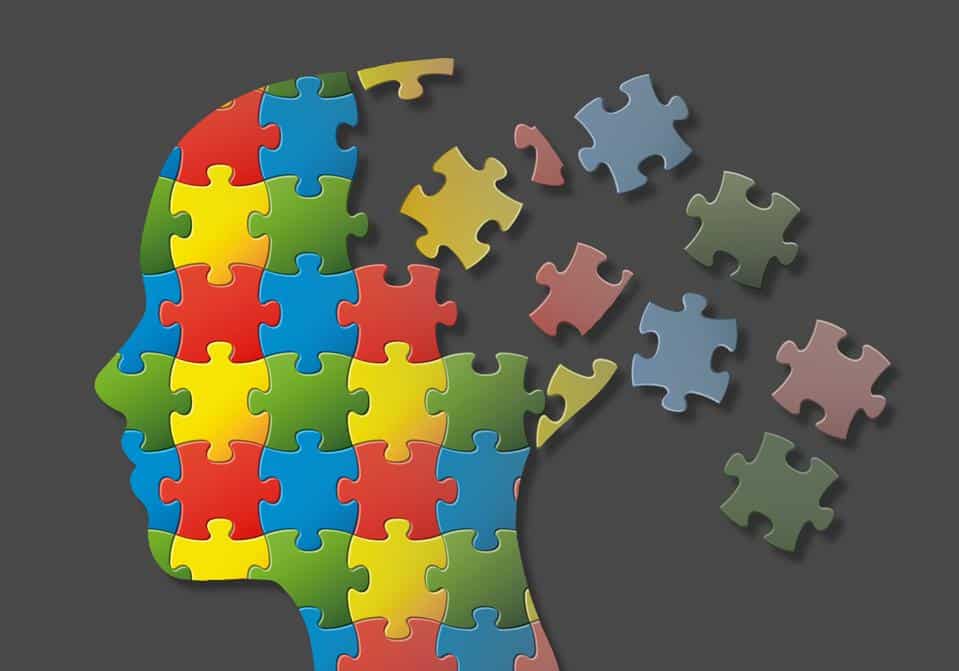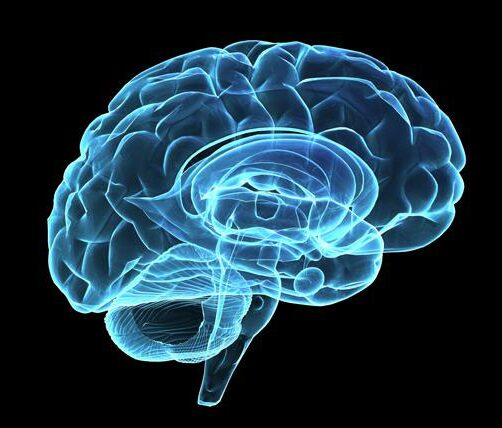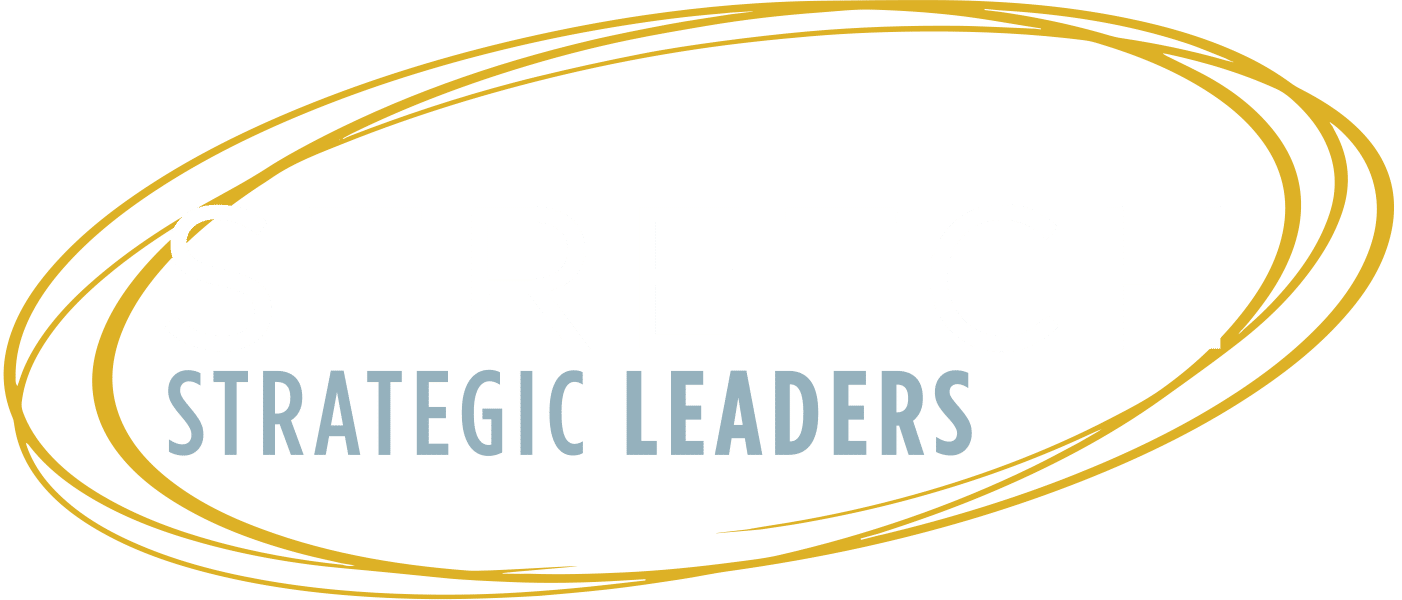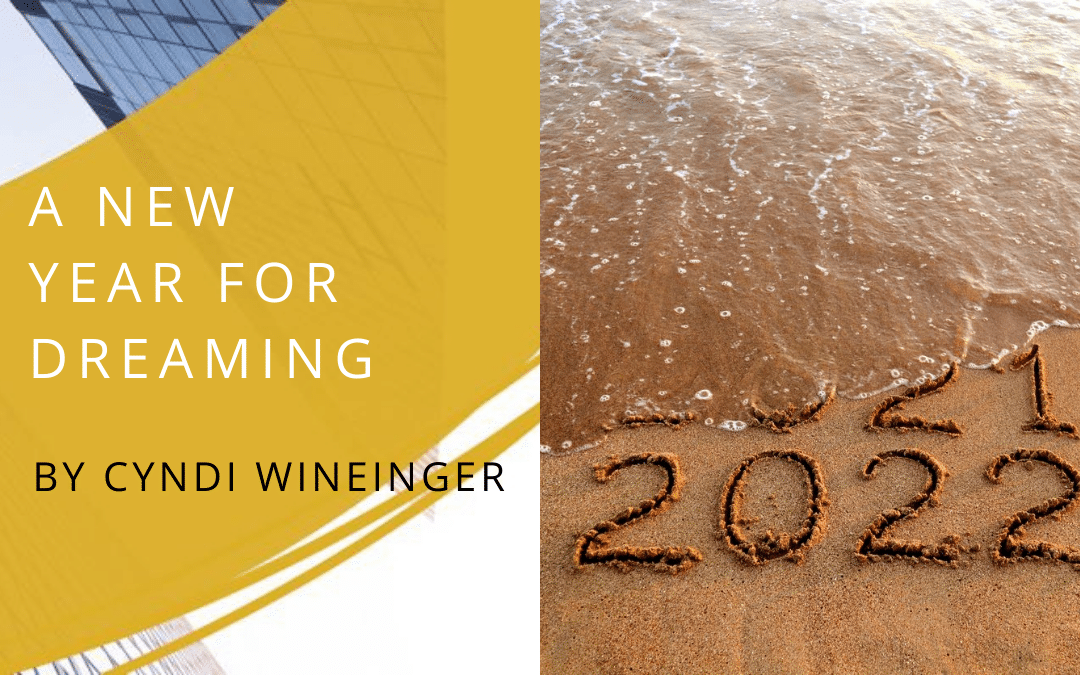 For those of you who have followed my perspective on New Year’s Resolutions (NYR), welcome to my annual rant! This year however, there’s a new twist: the Epistemophillic Instinct. Coined by psychoanalytic theorist Melanie Klein, the Epistemophillic Instinct essentially leads us to do the thing that works best for us is – an intrinsic instinct that tells us to do the best thing in a particular moment.
For those of you who have followed my perspective on New Year’s Resolutions (NYR), welcome to my annual rant! This year however, there’s a new twist: the Epistemophillic Instinct. Coined by psychoanalytic theorist Melanie Klein, the Epistemophillic Instinct essentially leads us to do the thing that works best for us is – an intrinsic instinct that tells us to do the best thing in a particular moment.
So why do we keep setting NYRs when research shows us our goals often wane by mid-January?
One simple reason: it’s fun to visualize our life in a better state of being. The more, better, best of me. And, without having to work hard for that goal. Plus, we are all predictable. No offense – we just are.
Did you set any of these NYRs?
- Lose weight,
- Eat better,
- Work out,
- Make more money,
- Spend intentional time with family/friends,
- Take a trip,
- Get a promotion,
- Have no debt/save more,
- Learn something new,
- Sleep better
If we feel so much motivation to accomplish these things, why don’t we?
One simple reason: your brain hates change. Even when it’s a good change. Your brain wants to be comfortable, to be safe, and to be on repeat. If you’ve created the habits of doing the things you are doing, something about them works for you. You want to do ALL that you do, including the bad habits.
Here’s an example: I want to get into shape and eat better, but by day’s end I’m tired and want to rest. To start exercise program means getting up earlier or finding time during the day; it requires a trade-off with something else. If I simply tell myself to work out, there is little chance my butt will be inspired to leave the sofa and the blue chips (and I’m not talking stocks here). 😊
The brain needs to “warm up” to a change in behavior.
Our brains require lead time to recognize a change as being “good” instead a “threat” to its desired state for peace and ease. Your cerebral matter wants reassurance it has the energy reserves to protect you and keep you alive. Studies have found the brain wants to do a whopping 74% of its work on repeat – predictable and safe.
Our brain processes 34 GB of data per day – no wonder it seeks predictability!
 That is a LOT of information. Doing healthy activities to keep us grounded in who we are becomes quite important.
That is a LOT of information. Doing healthy activities to keep us grounded in who we are becomes quite important.
Planning will start you on the right track to the fundamental mental training necessary. First, add things slowly: start with drinking all your water three weeks before kick-off. After that, add prepping vegetables on Sunday night for two weeks. Take short walks, just for fun, two days a week to help your body appreciate the experience and “warm up” to the benefits of a clear head, lower blood sugar, and that “feel good” muscle tightness the next day. Then, kick off your plan; with the momentum you have established, your plan has a much greater chance at success.
Instead of fighting with ourselves to embrace a new habit, we can use the greatest intrinsic tool we have: Curiosity
All habits proceed through four stages in the same order: cue, craving, response, and reward. This four-step pattern is the backbone of every habit; your brain runs through these steps in the same order each time.
The true source of momentum for starting the cue is the Epistemophollic Instinct. It’s the source of our curiosity. The heart of our epistemophilia is basically the love of knowledge. When we are curious, we pursue knowledge and learning in a powerful way. And, curiosity leads to hope, which is the true essence of change.
It can be better. It will be better.


Love this and there is a lot of truth and help to meet these goal or any goals.
I probably won’t follow the advice but…..
Great information! Also very true. Change takes dedication and time.